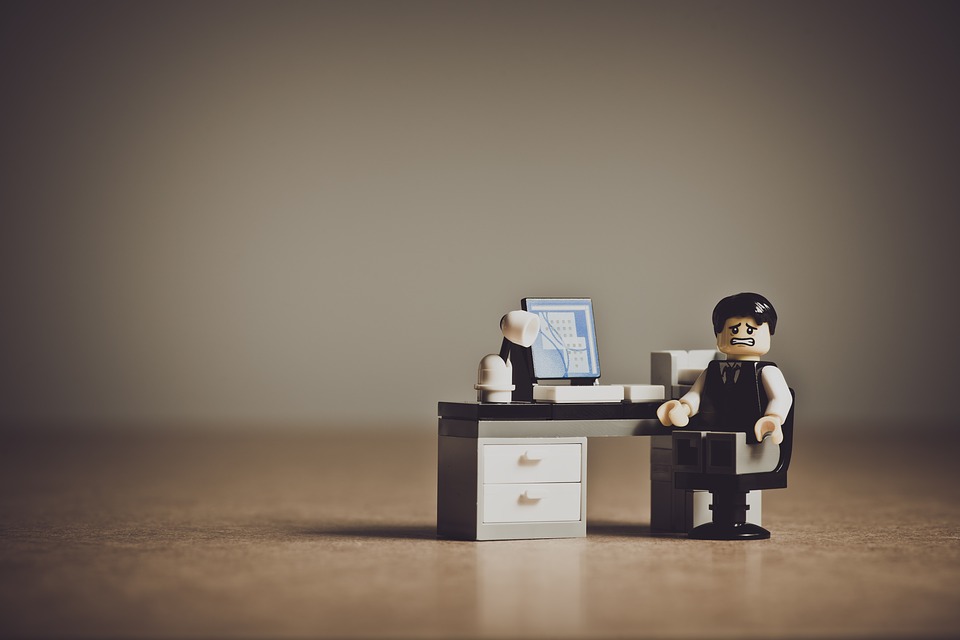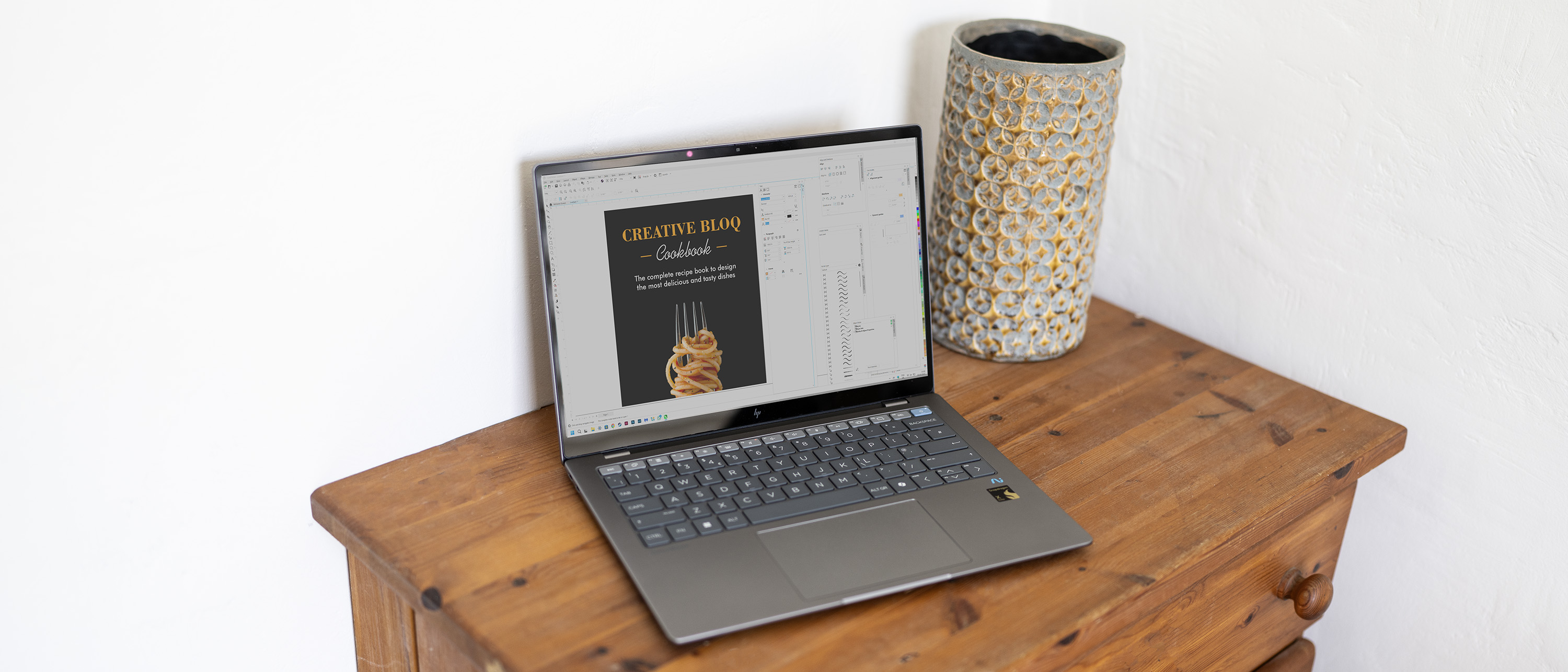Although most of us enjoy what we do, work still can negatively impact our health in myriad ways, both mentally and physically. Whether health problems are brought on by our working practices or are existing conditions that need to be managed, we need to tune in to the signs our bodies are sending us and adjust our routines accordingly.
Web design jobs are no exception. The hours spent staring at a screen, with hands and bodies in the same position, plus tight deadlines and late office hours could all contribute to ill health. We asked six designers who have felt the negative effects of their work for their practical tips to keep you healthy and happy.
Maybe you could do with some new resources to optimise your workflow? If so, check out our roundup of the hottest web design tools and guides to the best website builder and cloud storage around. Plus, choosing a top web hosting service will do wonders for your process.
Depression and anxiety

Our mental health can suffer due to our work, whether because of an improper work-life balance, or stress overload. This can be especially true for freelancers that work at home. Spending all day inside by ourselves, often in our pyjamas and with little outside contact, can be at odds with good mental health. Freelance UX designer Matt Stenquist explains his first-hand experience of the depression and anxiety that can be caused by the freelance life:
"When I first started freelancing, I created a toxic environment by myself. I neglected myself. I developed depression and a phobia of being seen by neighbours. After a physical to arrange a visa to move abroad, I was told I had high blood pressure and was nearing 300lbs at 20. I knew more than ever I needed to cultivate a positive outlook by changing and unlearning bad habits. Happiness is paramount. Now, I’m gym-ing daily and make sure I take care of my mental and physical wellbeing first and foremost."
Michael Vestergaard is a creative developer and interaction designer. He has implemented some useful strategies to help keep his mental health in check during his ten years of freelancing:
"On the mental side, it’s been important for me to remove distractions and have a good filter on social media channels (I block people who tweet about stuff that upsets or distracts me, which can be anything from work-related things to political statements). Of course, avoiding stress is fundamental but still hard, unfortunately."
Get the Creative Bloq Newsletter
Daily design news, reviews, how-tos and more, as picked by the editors.
Repetitive Strain Injury (RSI)

According to the NHS, Repetitive Strain Injury is a general term that's used to describe the pain felt in muscles, nerves and tendons caused by repetitive movement and overuse. People who work at computers are at risk of this condition, as senior designer at Microsoft, Inayaili De Leon attests:
"I’ve suffered from RSI almost since I started as a designer, 14 years ago, so I’m aware of what makes it worse," she explains.
What to do about it? "I’m strict about my workstation; I don’t work on the sofa or in bed. I have physiotherapy sessions and don’t mind spending money on a massage. It can be frustrating at times, as I see others working in less than perfect conditions with seemingly no consequences. But, in a way, my RSI forces me to have limits and enjoy other things in life."

Ted Goas, senior product designer at Stack Overflow, consulted with a professional and has made extensive changes to his work routine.
"Earlier in my career, I used non-ergonomic equipment like a non-adjustable desk, limited range chair and standard issue laptop, mouse and keyboard. Hours of this made my arm sore. It felt like constant sunburn and, on the worst days, I felt sharp pains in my wrist," he says.
"I consulted a physical therapist and made some changes. These days I stretch often, use an ergonomic mouse and adjustable desk and take frequent breaks. My RSI isn’t cured but I can keep it at bay. Most importantly, I never had to change careers."
If you’re worried about RSI, your first port of call should be the NHS website, which explains the basic things you need to know, including what causes RSI, how to recognise the symptoms and what to do if you think you’re suffering from it.
Physical pains

Spending so much time sitting and staring at a screen has negative effects for our bodies, which were never designed to sit in one position for a long time. Vestergaard explains, "I get pains in my head, shoulder and right hand if I don’t watch out. To prevent this, I ride my bicycle to the office every day and I try to vary the height of my work desk. I also make sure to have a well-lit environment around my screen.
Sue Jenkins, creative director of Luckychair, associate professor of art at Marywood and author at LinkedIn Learning, agrees that you need to work to keep your body happy.
"As a web designer, I flex my design muscles and solve coding issues, which makes my left brain happy. But my body doesn’t always enjoy occasional long hours and tight deadlines," she says.
"Here are some ways I’ve found to mitigate these issues: get blue light blocking glasses, a full-spectrum desk lamp and a wireless mouse. Use a standing desk [here are some standing desk options] to toggle between sitting and standing, as well as a balance board. Take frequent breaks to walk or jump on a mini trampoline! And make time to stretch."
If the job you love is contributing to physical issues such as back problems, headaches, eye problems and RSI, head over to our post, 6 ways for designers to stay healthy, which offers tips to ensure you have a happy and healthy creative career.
Managing existing conditions
We certainly can't attribute all illness to our working conditions, but if an existing longer-term condition exists then our approach to work can certainly play a part in managing it. It's vital that we identify strategies to help ourselves, and dial back on aspects of work that could cause our condition to worsen. Michael Gearon, a lead UX designer who suffers with colitis, has done exactly that.
"One of many challenges working in the web design industry is tight deadlines, leading to stress and worry. I suffer from colitis, a long-term condition with some of the impacts being tiredness, fatigue and loss of appetite," he explains.
"To protect myself, the first action I took was raising awareness, talking to HR, colleagues and friends about my condition. I also made sure I took control of my workload, by letting deadlines and making it transparent how busy I was. I believe that having this open dialogue has improved my health and well being in the workplace."
To read more of Michael Gearon's helpful advice, check out 10 steps to protecting your mental health at work.
This article was originally published in issue 320 of net, the world's best-selling magazine for web designers and developers. Buy issue 320 or subscribe to net.

Join us at Rich Mix, Shoreditch on 26 September for Generate CSS, a bespoke conference for web designers brought to you by Creative Bloq, net and Web Designer. Book your Early Bird ticket before 15 August at www.generateconf.com.
Read more:

Thank you for reading 5 articles this month* Join now for unlimited access
Enjoy your first month for just £1 / $1 / €1
*Read 5 free articles per month without a subscription

Join now for unlimited access
Try first month for just £1 / $1 / €1

net was a leading magazine for web designers and web developers, which was published between 1994 and 2020. It covered all areas of web development, including UX and UI design, frameworks, coding and much more. Much of its content lives on in Creative Bloq. View the net archive on Creative Bloq.
